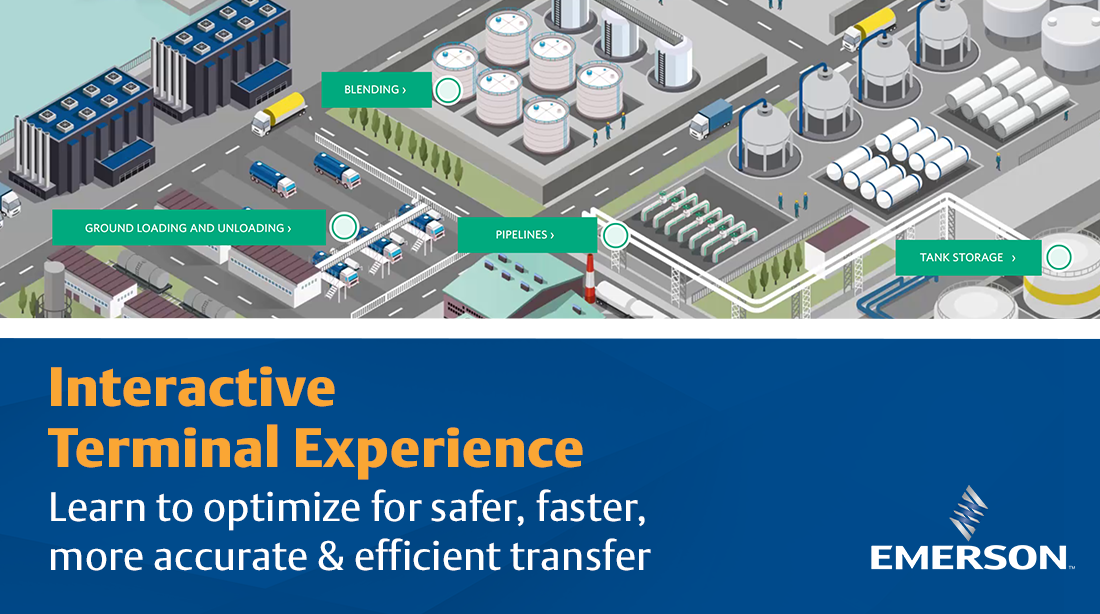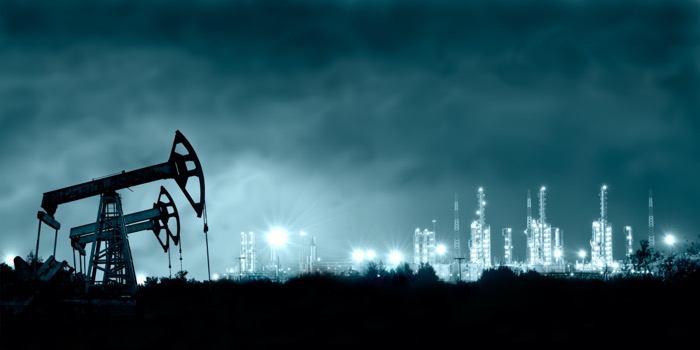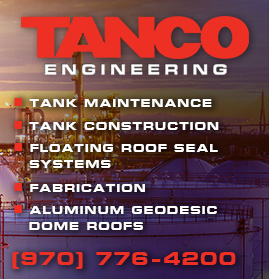Iran’s newly appointed minister of petroleum, Javad Owji, has said his agenda includes development of the existing refineries and construction of new ones, although the country has become self-sufficient in gasoil and gasoline production. That is aimed at persistence of reducing crude sales.
Due to current restrictions on Iran’s crude oil exports, the country is planning to increase its crude oil and condensate refining capacity to 3.4 mbpd from the current 2.15 mbpd.
Today, the world is moving towards integration of refining and petrochemical processes in petro-refinery complexes, which are more economically viable than refineries. Crude oil processing at a petro-refinery involves the crude oil through the refining processes into fuel derivatives such as gasoline, diesel, jet fuel and fuel oil; however, products such as LPG and naphtha may also be used to develop the petrochemical sector of these units while dozens of petrochemical products may be manufactured.
Now, with the opening of the Persian Gulf Star Refinery, Iran has become self-sufficient in all oil products, including gasoline. Development of the giant offshore South Pars field and subsequently replacement of liquid fuel with gas as feedstock for power plants has led to availability of surplus diesel for export.
Iran has also exported its surplus kerosene and LPG after supplying gas to villages. Therefore, the petro-refineries planned to be built in Iran would not have to export their products at subsidied prices and/or the prices set by the Petroleum Ministry. These refineries can export their products at free-market rates and will not produce losses like old refineries. Many developing countries as well as petro-states have planned development of the petro-refinery industry and have allocated required credit and facilities for the development of this sector.
Since the petroleum industry in all its subsectors, especially the petrochemical sector has been moving forward over recent years, despite the economic problems and tough US sanctions, efforts have been made to address the issue of petro-refineries as much as possible with a view to selling products and creating added value.
Over recent years, this issue has been considered with a research approach towards identifying and accessing new technologies, as well as the approach of building new refineries using new technologies.
For more information visit en.mop.ir













